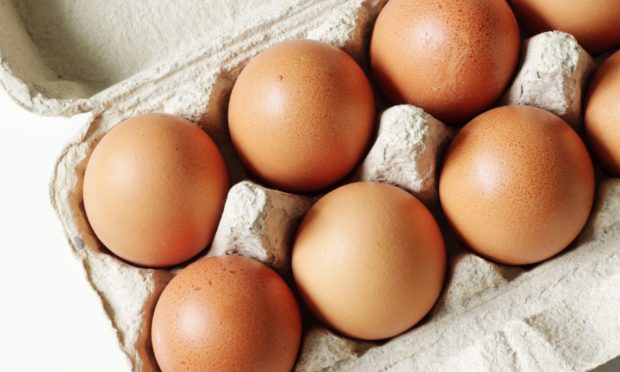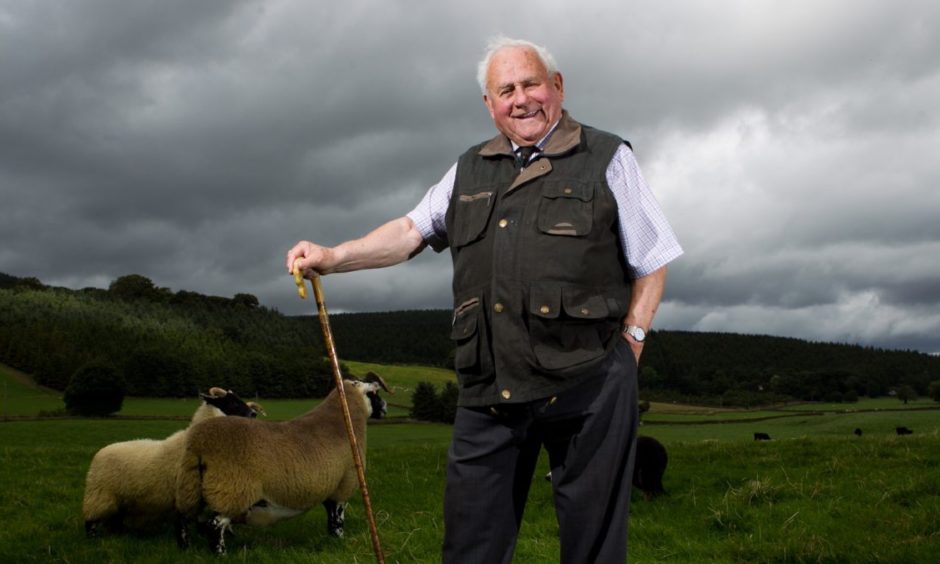Worldwide trade disputes and the uncertainties surrounding Brexit have been blamed for a 20% reduction in pre-tax profits for Scotland’s biggest egg producer, Glenrath Farms Ltd.
However, Glenrath’s chairman, Sir John Campbell, has described the company’s pre-tax profits of £3.637 million in the year to May 31 2020 – down from £4.565 million in 2019 – as “sound”.
Writing in the company’s annual accounts, Sir John warned his long-predicted downturn for the industry had firmly arrived, but he said his company had remained profitable by adapting and making cost savings.
He focused on the changing demand for colony eggs, which now account for less than 20% of Glenrath’s supermarket sales, and he forecast major retailers would cease to sell eggs produced this way even before they are phased out in 2025.
He added: “With demand for colony eggs continuing to reduce, we have accelerated our conversion programme whereby the former colony production facilities are being converted to barn production in our large modern poultry houses, even though some supermarkets have discontinued selling barn eggs.
“We are of the view that our principal customers will continue to operate within this sector of the market and whilst the conversion costs are considerable, we believe our sound judgement will help us to manage this delicate and challenging situation.”
Commitment
He said all British supermarkets were committed to purchasing UK-produced eggs wherever possible, and he called on the industry to rise to the challenge to ensure it was able to meet demand.
“Glenrath’s policy has always been to give our customers what they want, when they want it, how they want it and on time,” he said.
“This policy has enhanced our reputation over the years and we will continue to operate this way going forward. We have a good working relationship with our supermarket suppliers.”
Meanwhile, Sir John said Glenrath intends to expand free-range egg production and is also investing heavily in robotic machinery.
In another nod to changing demands, he added: “The environmental impact of packaging is at the forefront of the food sector now and the sale of eggs in plastic packs is now coming under the microscope. We are reverting to pulp packs where possible to achieve a medium term ambition of being a plastic free company.”

